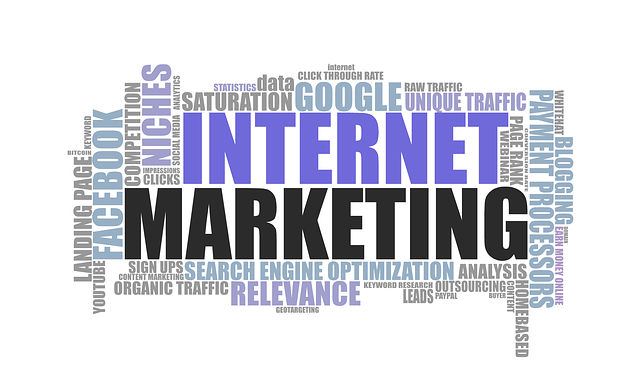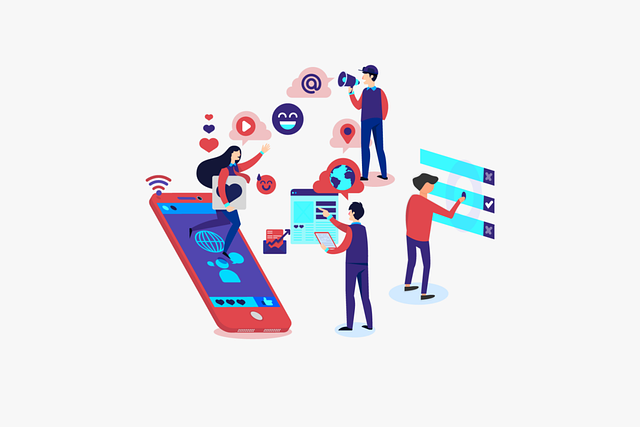AI coaching programs tailored for automotive service businesses are transforming customer interactions and operational efficiency by integrating chatbots and virtual assistants for 24/7 support. These programs equip staff with knowledge to use AI tools, enhancing customer satisfaction and competitiveness through improved scheduling, appointment management, and personalized vehicle maintenance recommendations. Leveraging real-time feedback and guidance, these platforms offer personalized learning paths and interactive modules to boost problem-solving skills and customer interaction techniques. Success is measured via clear KPIs like customer satisfaction and first-contact resolution rates, with continuous improvement driven by customer and employee feedback.
In today’s digital age, AI is transforming automotive service industries. This article explores powerful AI customer service strategies designed to enhance client experiences and streamline shop operations. We delve into understanding AI’s role in simplifying complex auto repairs, implementing effective AI coaching programs to train staff on new technologies, and measuring success through key performance indicators. By embracing these AI-driven approaches, automotive service businesses can improve efficiency, boost satisfaction, and stay competitive.
- Understanding AI's Role in Automotive Service
- Implementing AI Coaching Programs
- Measuring Success and Continuous Improvement
Understanding AI's Role in Automotive Service

Artificial Intelligence (AI) is transforming the way automotive shops operate, particularly in customer service. By leveraging AI technologies, such as chatbots and virtual assistants, businesses can enhance their interactions with clients, offering quick responses to common queries and providing 24/7 availability. This is especially beneficial for automotive shops, where customers often have urgent questions about vehicle repairs or parts replacements.
AI coaching programs specifically designed for automotive service businesses play a crucial role in this transformation. These programs enable shop owners and staff to learn how to integrate AI tools seamlessly into their daily operations, improving efficiency and customer satisfaction. By understanding the potential of AI, from streamlining scheduling and appointment management to providing personalized recommendations for vehicle maintenance, automotive shops can stay competitive in an increasingly digital market.
Implementing AI Coaching Programs

Implementing AI coaching programs can significantly enhance the customer service experience in automotive shops. These programs leverage artificial intelligence to provide real-time feedback and guidance to employees, ensuring they stay up-to-date with the latest industry trends and best practices. By integrating AI into training, shop staff can learn more efficiently, improving their problem-solving skills and customer interaction techniques.
AI coaching platforms offer personalized learning paths tailored to each employee’s role and skill level. This customized approach not only boosts individual performance but also contributes to a more consistent and high-quality service across the entire automotive business. Through interactive modules, virtual simulations, and instant feedback loops, AI ensures that employees are equipped to handle diverse customer inquiries and complex technical issues with confidence and expertise.
Measuring Success and Continuous Improvement

Measuring success is a key component in any AI implementation, especially for AI coaching programs designed to enhance automotive service businesses. By setting clear KPIs (Key Performance Indicators), such as customer satisfaction scores, first-contact resolution rates, and average handle time, you can objectively assess the program’s effectiveness. Regularly reviewing these metrics allows for data-driven adjustments to ensure continuous improvement in customer service delivery.
Additionally, gathering feedback from both customers and employees is vital. AI coaching systems should be designed to solicit feedback, incorporating it into ongoing training cycles. This closed-loop approach not only improves performance but also fosters a culture of learning within the automotive shop, making it more agile and responsive to evolving customer needs.
AI has the potential to transform automotive customer service, offering personalized experiences and efficient solutions. By implementing AI coaching programs, shops can empower their staff to handle complex queries and adapt to evolving customer needs. Measuring success involves tracking key performance indicators and gathering customer feedback. Continuous improvement ensures that AI remains a valuable asset, enhancing the overall customer journey and setting automotive service businesses apart in a competitive market. Embracing these strategies marks a significant step towards future-proofing and optimizing car care services.
